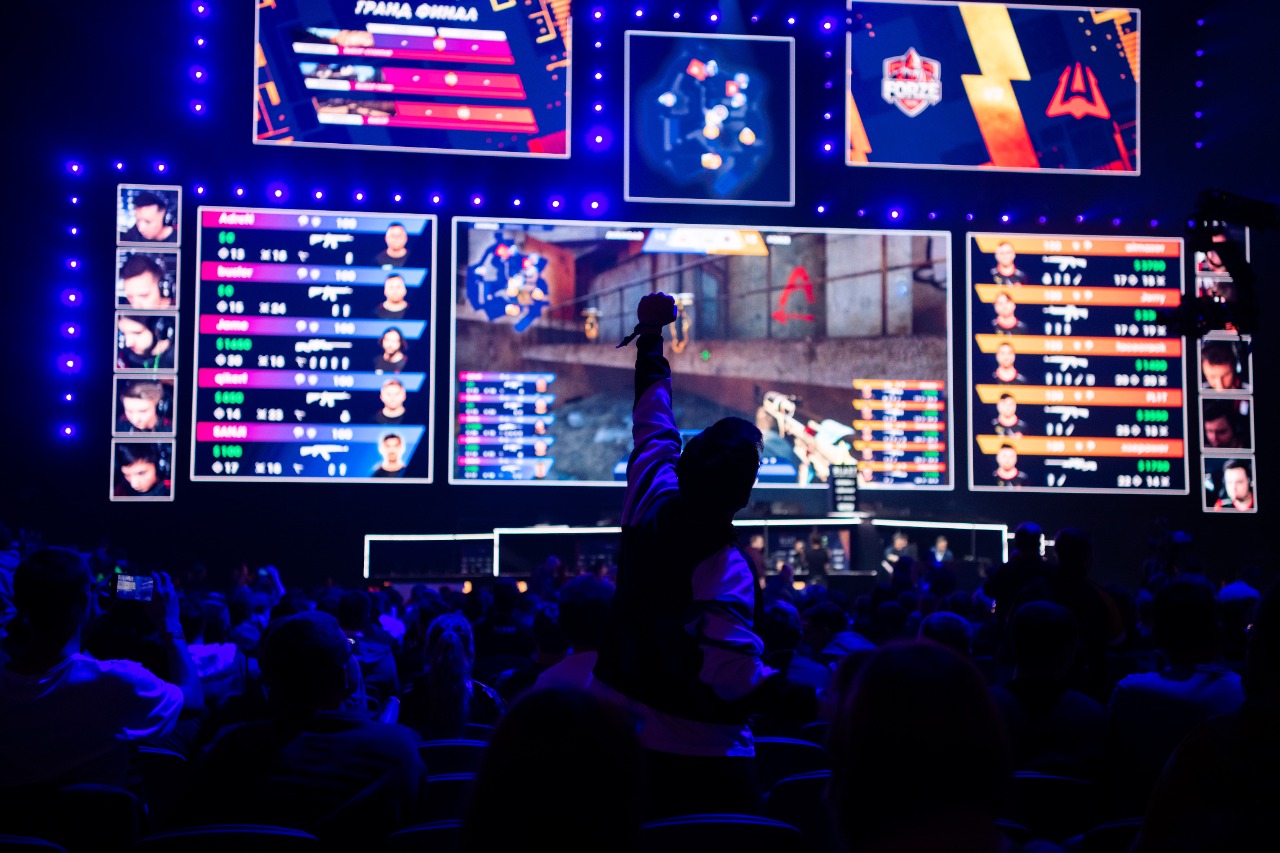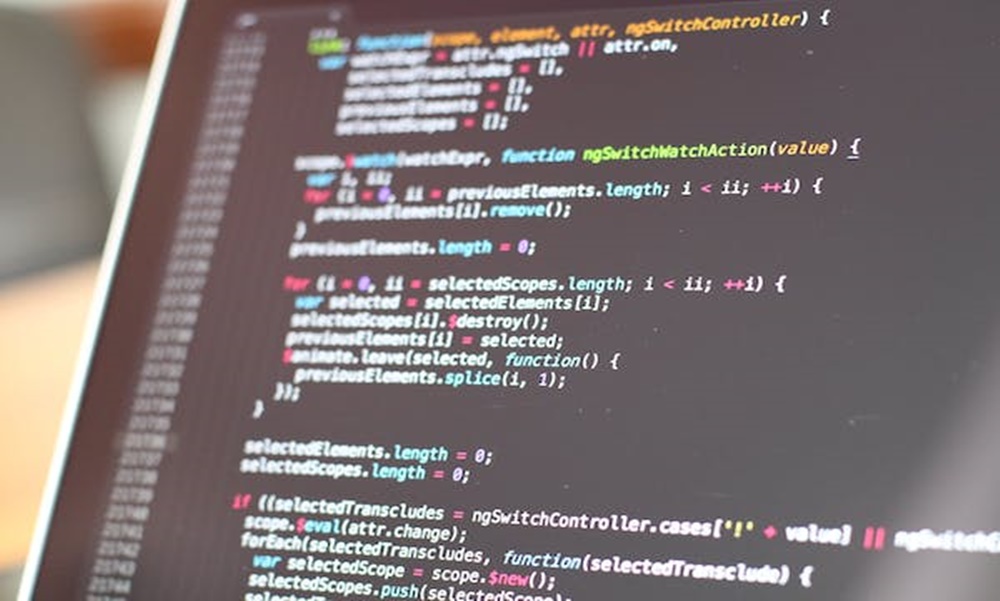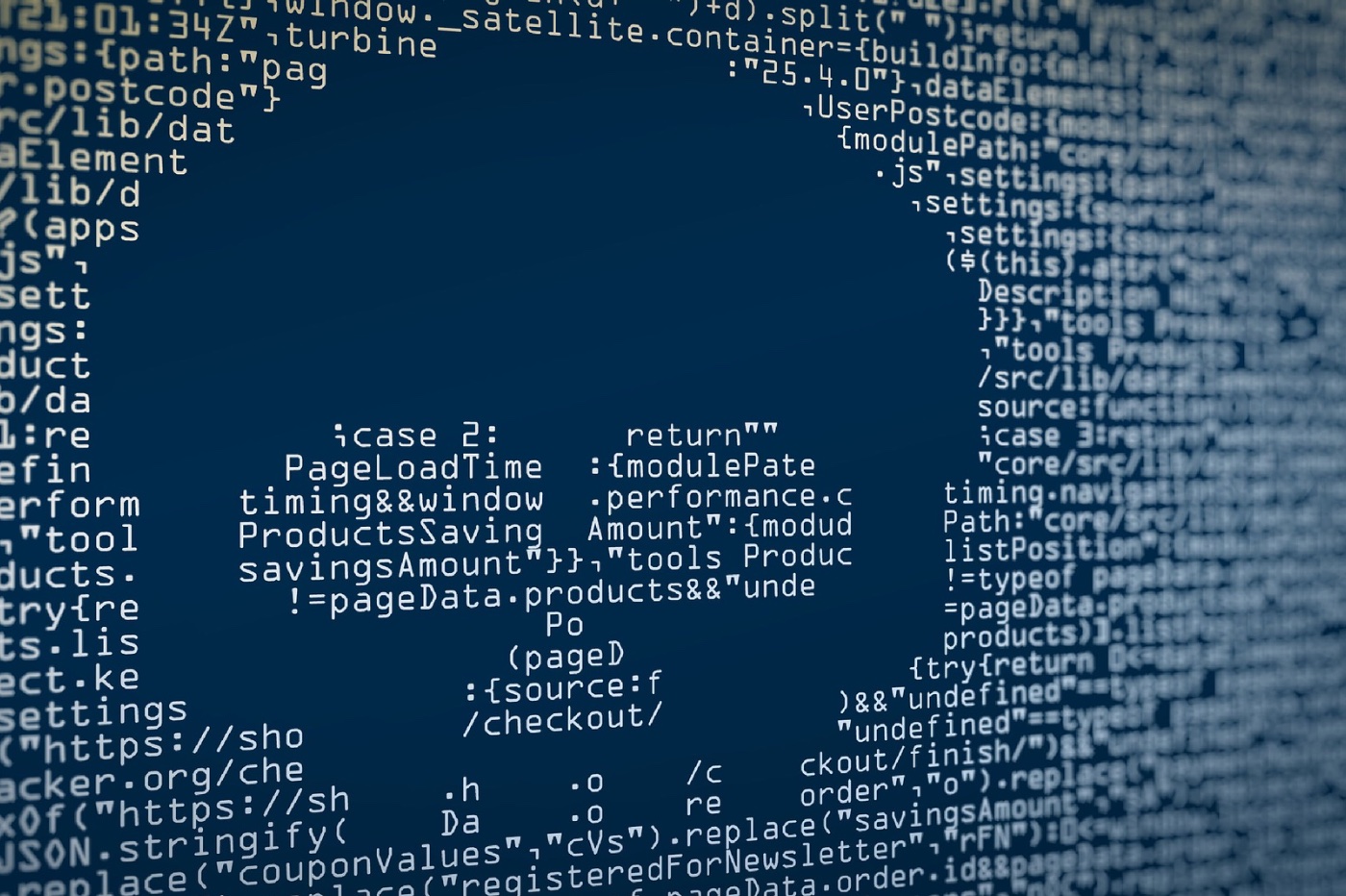
In a vote last Wednesday (8), the Brazilian Senate approved the Complementary Law Project (PLS) 68/2017, which establishes the new General Sports Law. Among the 218 articles contained in the text, one of the highlights was the rejection of the amendment 89which would bring changes to devices aimed at electronic sports (Esports) here in Brazil.
Amendment 89 of the new General Sports Law
THE amendment in question, proposed by Senator Rose de Freitas (MDB/ES), aimed to centralize the rules and guidelines of the Esports scenario “in the hands” of the Brazilian Confederation of Electronic Sports (CBDEL), granting the entity more powers and benefits.
If the amendment were approved, CBDEL would not only become part of the National Sports System and would begin to receive funds from the collection of the lottery of numerical predictions — as is already the case with the Olympic Committee of Brazil (COB), for example —, as well as constituting its own sports subsystem. In practice, it would gain the status of “maximum entity” for the segment here in Brazil.
This would allow the entity to act as a centralizer of rules, competitions and guidelines for different electronic games, even if each intellectual property (IP) has its own policies stipulated by its respective developers/publishers.
Amendment could cause changes in electronic game tournaments played in the country – Image: Disclosure/Riot Games
The amendment was contested by companies in the sector
Amendment 89, however, was highly questioned. For market players such as Leonardo Mourão de Biase, founding partner of BBL Esports and Nicolle Merhy, CEO of Black Dragons Esports, Brazilian confederations and federations do not represent e-sports companies and a possible standardization of the market as a whole would not question several peculiarities (of rules, policies and formats) that each game has.
The Excellency Senator @leiladovolei is again on the side of reason and of all industry in our defense. Count on our support Sen.! On behalf of the industry, representing clubs and players, publishers and organizing companies, we send an open letter of support. pic.twitter.com/ilmSELRKI5
— Leo De Biase (@leodebiase) May 26, 2022
This was also the position of senator (and rapporteur of the project) Leila Barros (PDT/DF) who, on May 26, presented her opinion without the articles that granted more powers to CBDEL.
“[…] We believe that the inclusion of the Brazilian Confederation of Electronic Sports (CBDEL) in this same list is wrong. In fact, e-sports has several representative entities, all of which are equally recognized by Brazilian legislation. Thus, we see no plausible reason for including one of these entities in law, to the detriment of all the others. In addition, this role does not include any entity that specifically represents a sport, but organizations that act in broader spectrum movements, such as the Olympic, Paralympic and Clubs”, said the senator’s report.
In view of this, the substituting text of the General Sports Law was approved by the Brazilian Senate, but with the rejection of amendment 89 proposed by senator Freitas.
Good for Esports?
It is clear that the movement can generate several debates — even more so when it comes to a growing segment such as electronic games. But stop Marcelo Mattoso Ferreirapartner at Barcellos e Tucunduva Advogados and a lawyer active in the Games and Esports market, the rejection of the amendment avoided greater risks.
“The electronic sports market has peculiarities that make its own sports subsystem unfeasible, since competitions, rules and guidelines come from publishers/developers, holders of the intellectual property of electronic games. Centralizing this in some entity would end up making the market unfeasible, which would not be good for anyone”, highlighted Ferreira.
In addition, a scenario of CBDEL raising public funds to foster the Esports market may be contestable. That’s because games are intellectual property of devs and publishers. And without proper authorizations, there are no championships. Consequently, without tournaments, there wouldn’t be much to “foster”.
“The promotion of the current scenario comes from pubs/devs, mostly linked to the marketing and promotion budgets of the games. This recipe made the scene what it is today, taking it from amateurism to professionalization. Over time, the scenario has been gaining shape and understanding new forms of revenue, in order not to depend exclusively on pubs/devs. The point is that it would be useless to have a federative or confederative entity with funding for development, if the electronic game that would make that sport viable is an intellectual property of a particular entity who can, at any time, decide not to authorize competitions, since the intellectual property law grants him this faculty”, concluded the lawyer.
Despite the celebration on the part of players linked to electronic games, it is worth noting that the substitute text approved in the Senate will go on for approval in the Chamber of Deputies. And there is still the possibility of amendments referring to CBDEL to be reconsidered, through new approvals.



